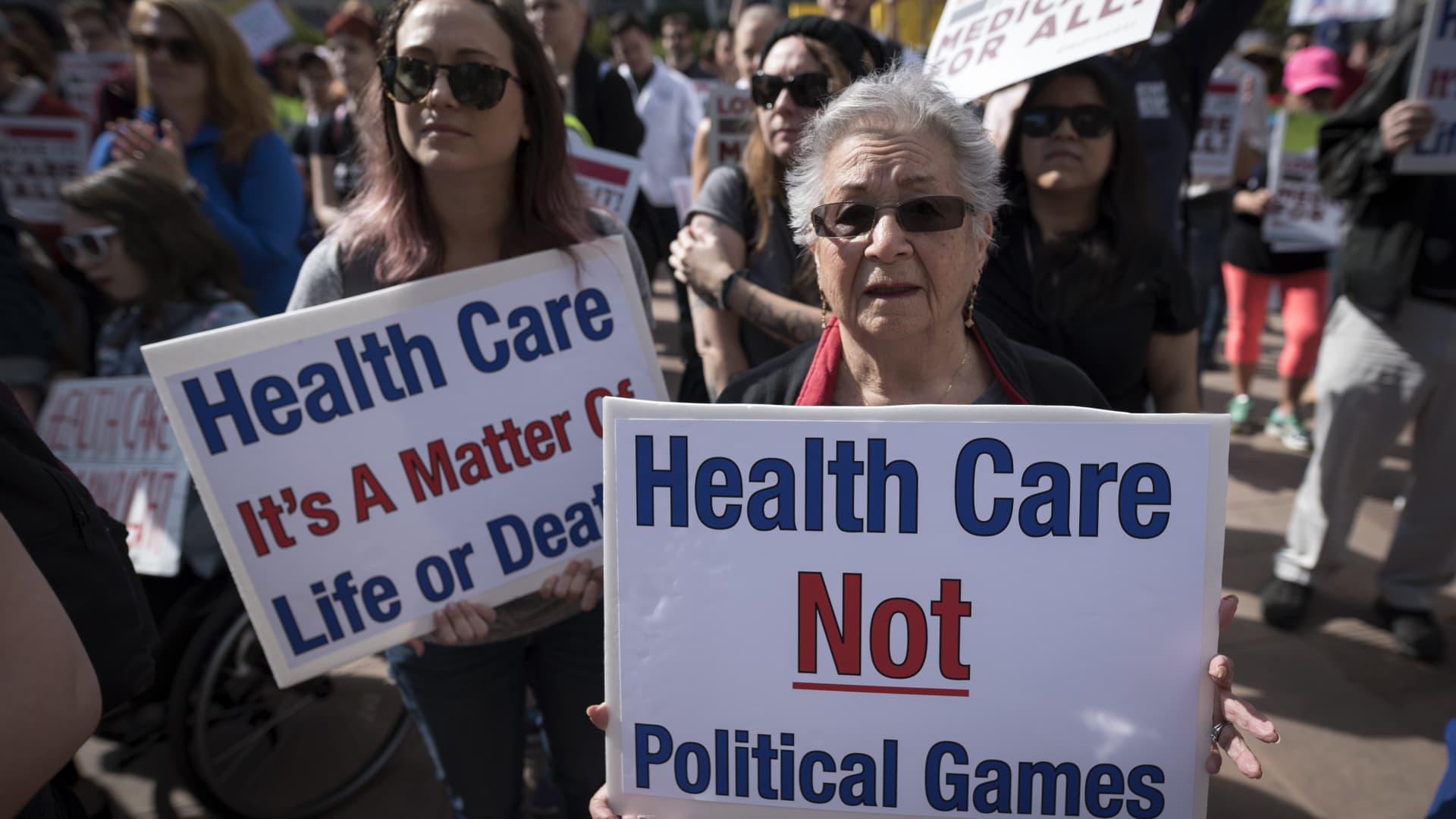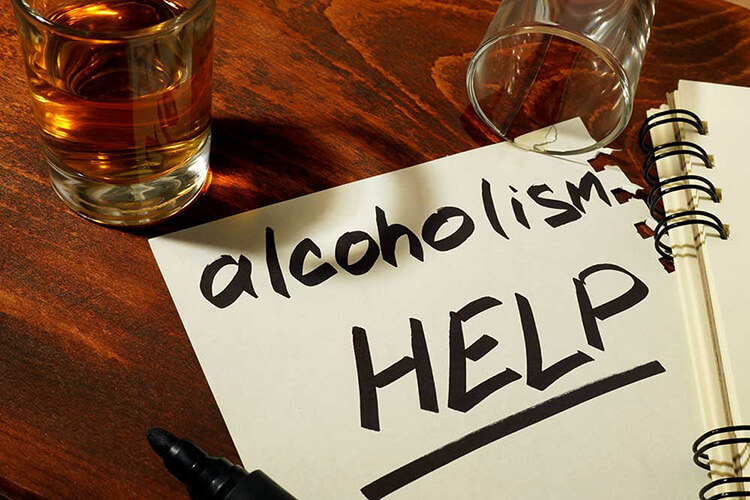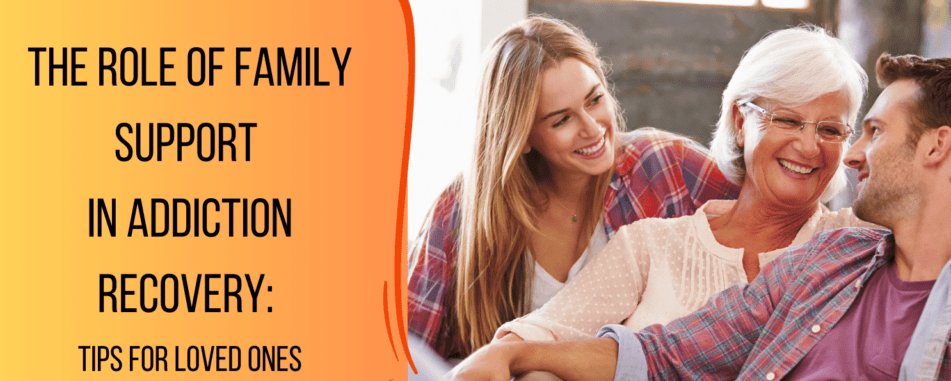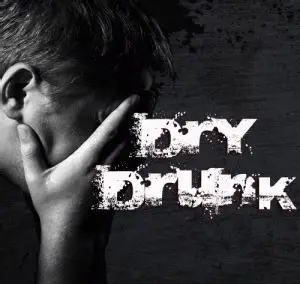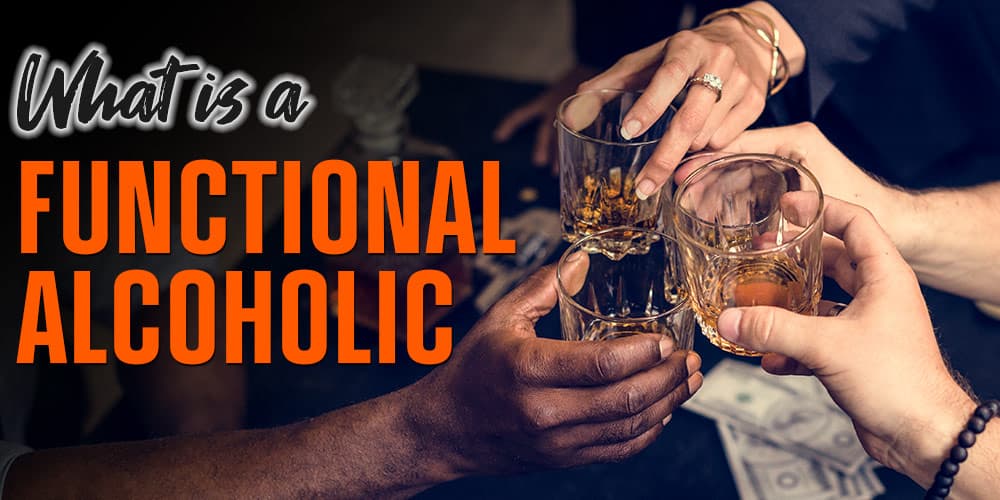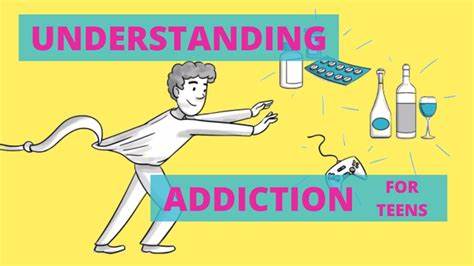Changes in Addiction Treatment
As addiction treatment policy shifts under the Trump administration, there is a growing emphasis on state control, reduced federal funding, and a law enforcement-focused approach over public health. These changes may limit access to evidence-based care, especially for vulnerable groups relying on Medicaid or community services. In response, stakeholders must advocate for treatment access, equitable … Read more
